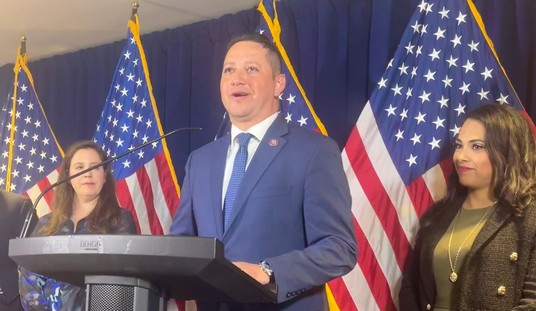In 1991, at a cost of $70 million, a group of miners and mining entities known collectively as Seven Up Pete Venture acquired mineral rights on land, near Lincoln, Montana, believed to contain over four million ounces of gold and ten million ounces of silver capable of being recovered by open-pit mining and cyanide heap leaching. During the mid-1990s, Seven Up Pete negotiated with Montana for permits to begin mining operations; however, in November 1998, Montana voters narrowly approved a ballot initiative banning recovery of gold and silver using cyanide heap leaching. Although miners and economic development advocates desired to persuade voters that the ban was ill-advised and unnecessary, an earlier ballot initiative—later declared to be unconstitutional—forbade that effort.
Because the new law barred the only process by which the ore could be recovered profitably and thereby rendered Seven Up Pete’s properties worthless, in April 2000, Seven Up Pete filed a federal lawsuit against Montana for unconstitutionally “taking” their property. At the same time, as a 1985 Supreme Court opinion required, Seven Up Pete sought to exhaust their state remedies with a lawsuit in state court seeking “just compensation.”
In June 2005, the Montana Supreme Court rejected Seven Up Pete’s claims. When Seven Up Pete’s petition for U.S. Supreme Court review was denied and their state remedies thereby “exhausted,” Seven Up Pete returned to the federal forum. There, in April 2006, the district court held that Montana was immune under the Constitution’s Eleventh Amendment and that the court had to defer to the Montana Supreme Court, which, on its own initiative, addressed the federal takings issues, even though Seven Up Pete had reserved that issue for the federal court proceedings. In April 2008, the Ninth Circuit affirmed that ruling on the sole basis that, under the Eleventh Amendment, Montana was immune from federal takings claims.
Although the Eleventh Amendment bars federal lawsuits against state governments or officers for monetary damages, the U.S. Supreme Court held, in 1987, that it does not bar federal Takings Clause cases. Furthermore, because the Fourteenth Amendment, which through its Due Process Clause, applies the Takings Clause to the States, the States, by their ratification of the Civil War Amendments, including the Fourteenth, waived their immunity from federal lawsuits for “just compensation.” Finally, in 1908, the Supreme Court declared that state officials have no immunity if they seek to enforce legislative acts that are void because they conflict with the Constitution.
Recommended
It is not just the U.S. Constitution, however, that bars the seizure of “private property” for “public use” without “just compensation.” Because most state constitutions contain the same provision, a property owner must “exhaust” his rights under his state constitution before proceeding to federal court. When he does, the U.S. Supreme Court declared in 1964, he “is in no event to be denied his right to return to the [federal] District Court” if he reserves his federal claims and refrains from litigating them in state court. That is what Seven Up Pete did; hence, its path to the Supreme Court to reverse the Ninth Circuit’s ruling seems clear.
Unfortunately, in 2005, in a trio of cases, which included the infamous Kelo ruling, the Supreme Court weakened the constitutional protections afforded property owners. In one, the Court purportedly reversed the 30-year-old precedent upon which Seven Up Pete relied. In the future, ruled the Court, if a state court decides a claim that is “functionally identical” to the reserved federal claims, the state court holding must be given preclusive effect. Although the Ninth Circuit did not base its ruling on this recent decision, Montana will certainly rely on it when Montana opposes Seven Up Pete’s petition for Supreme Court review.
Seven Up Pete’s petition must be heard; otherwise, state courts with a myopic view of the Takings Clause will eviscerate, not only state constitutional property rights guarantees, but also those in the United States Constitution!
























Join the conversation as a VIP Member